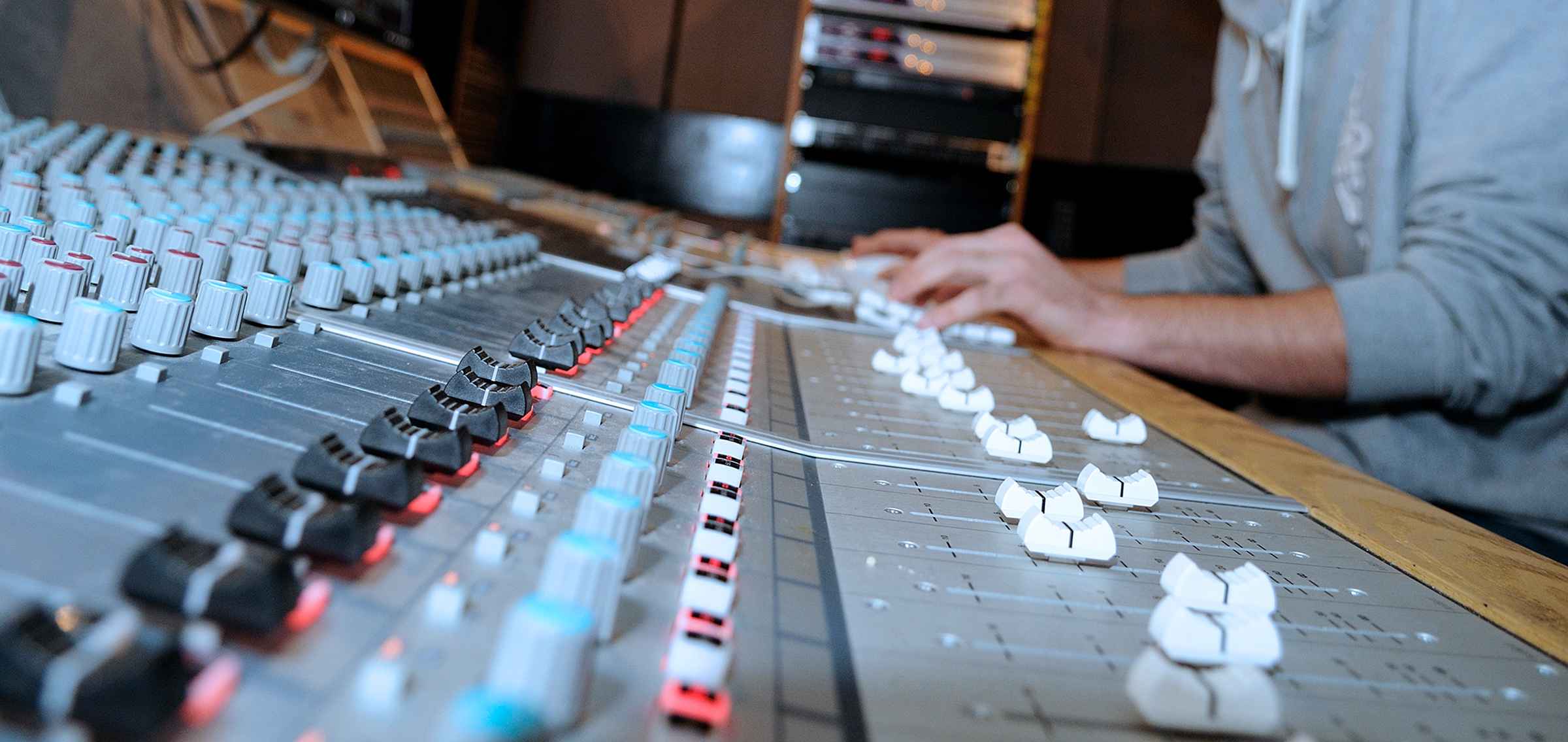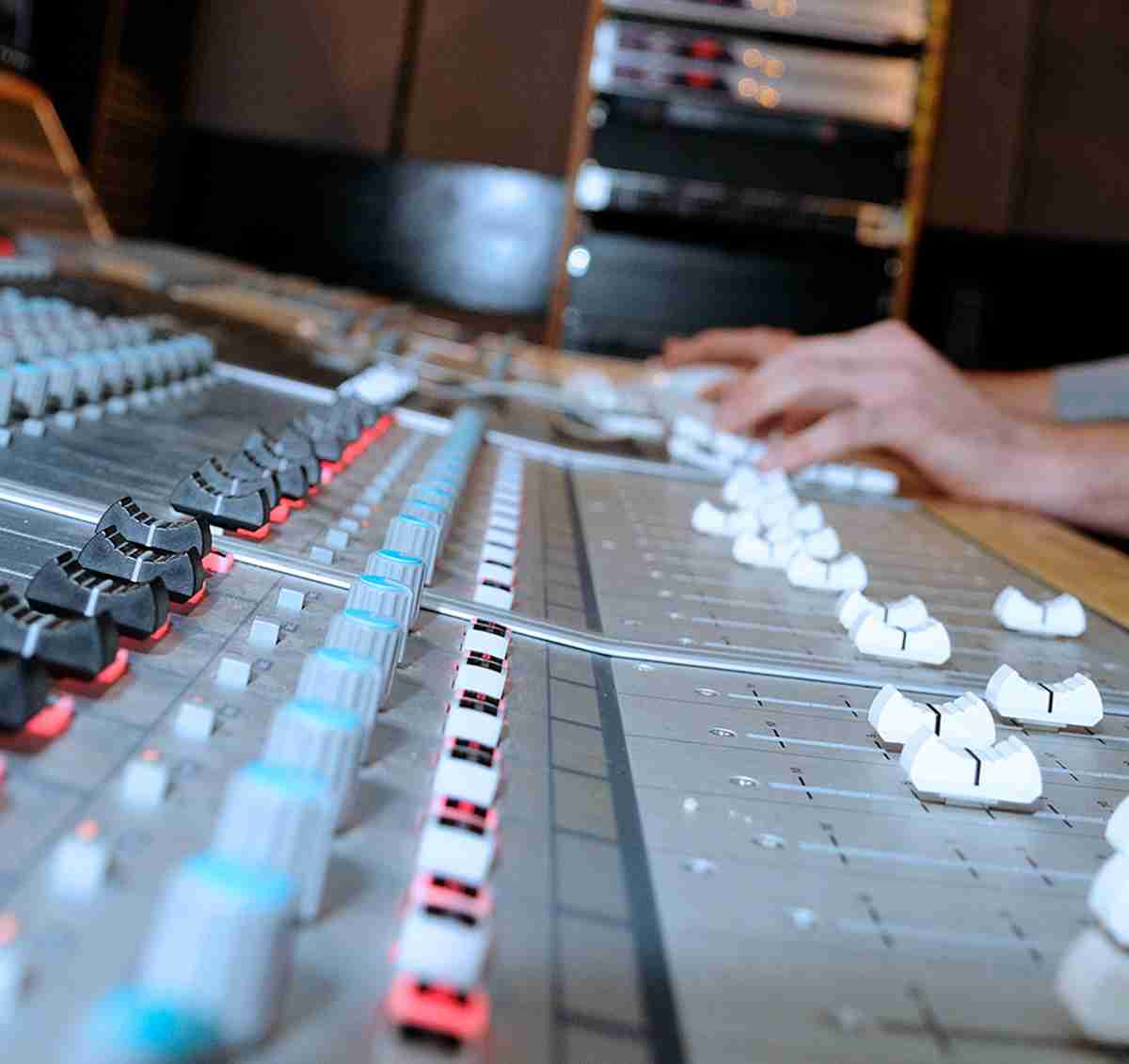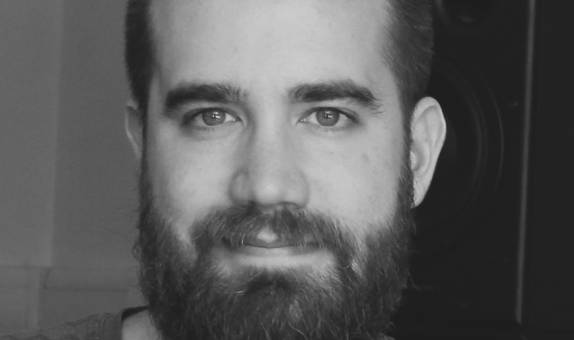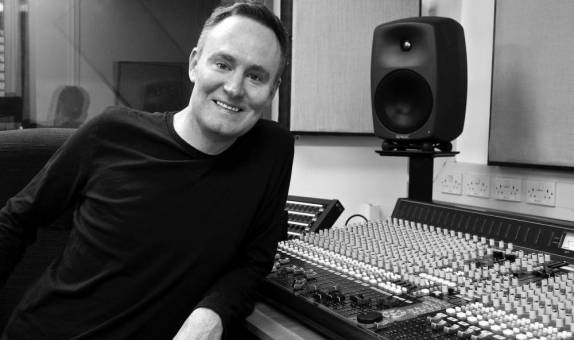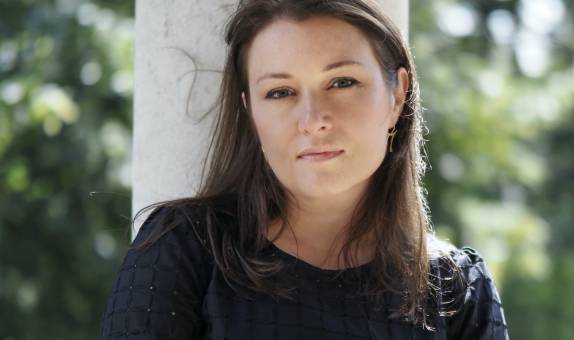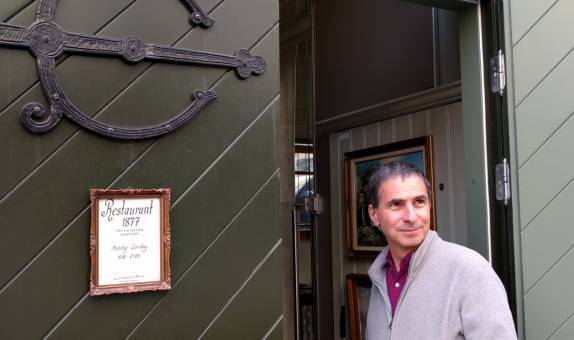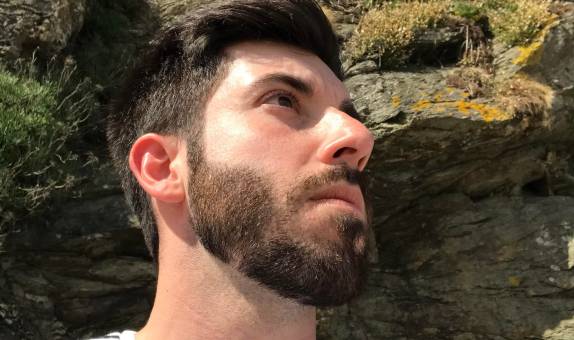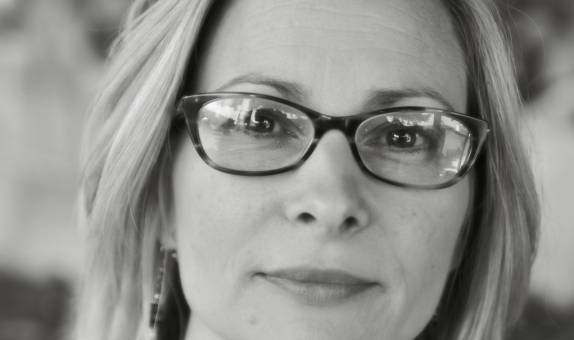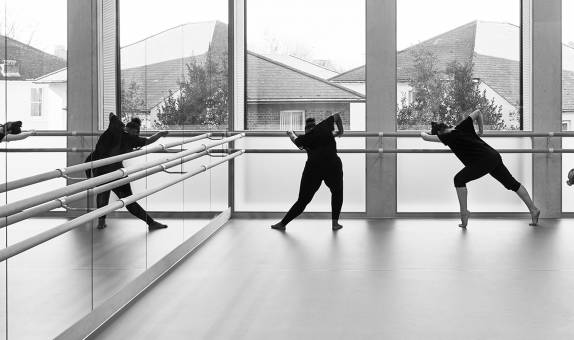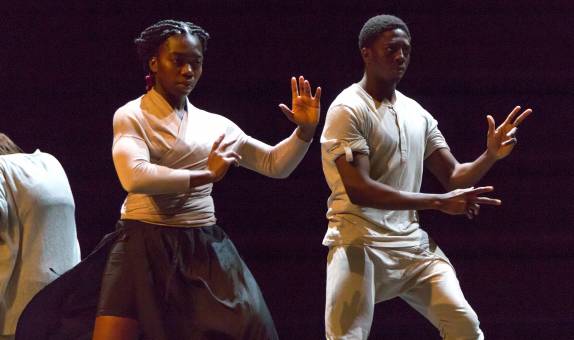Music Technology BA (Hons)

Teaching Excellence Framework (TEF) Gold award
Our commitment to high quality teaching has been recognised with a TEF Gold rating. The University has received an overall rating of Gold, as well as securing a Gold award in the framework's two new student experience and student outcomes categories.
Why choose this course?
Music technology is a diverse field that requires practitioners to be multi-skilled, adaptable and adept at collaboration across different disciplines and media. Developments in music technology signal trends and evolutions in music practices, creation and consumption. Our core philosophy is to develop musical, academic and technical skills through the exploration, application and support of creative practice.
This course is aimed at aspiring sound engineers, record producers, sound designers, live sound mixers, contemporary composer/producers and performers who wish to develop their skills using a hands-on approach to learning and research across digital and analogue sound creation, recording and production techniques, sequencing, synthesis and programming, spatial studies, context, history and criticism.
Develop specialist skills in areas such as audio post-production for media, broadcasting, performing with technology, live sound reinforcement, applications of music technology in education, and analogue record production including tape ops and vintage equipment maintenance.
Kingston's extensive facilities include recording studios, rehearsal rooms, Pro Tools, Ableton and Logic-based MIDI/editing suites, synth labs, and our analogue/hybrid Visconti Studio.
Follow us on Instagram @kingstonunimusic to see some of the great work we and our graduates are doing.
| Attendance | UCAS code/apply | Year of entry |
|---|---|---|
| 3 years full time | W370 | 20242025 |
Please note: Teaching on this course may take place on more than one KU campus.
| Main location | Kingston Hill |
Reasons to choose Kingston
- You'll use our Visconti Studio, created in partnership with record producer Tony Visconti. It has a 300m² live room plus rare and vintage recording equipment.
- You can participate in local musical initiatives, such as the Kingston Singers, our Stylophone Orchestra or Acid Grass Records, our in-house record label and artist collective.
- You'll benefit from central London's vibrant and multicultural music scene.
- 100% of students thought staff were good at explaining things (NSS 2023).
The Art School Experience
As part of Kingston School of Art, students on this course benefit from joining a creative community where collaborative working and critical practice are encouraged.
Our workshops and studios are open to all disciplines, enabling students and staff to work together, share ideas and explore multi-disciplinary making.

Music Technology at Kingston
What you will study
Music technology is a diverse field and this course enables you to study it from a broad range of perspectives. You'll work with digital, analogue and hybrid music technology tools to create high quality sound and music productions. From record production to software programming, sonic art and performance, you will develop technical and artistic skills across a range of musical styles and contexts.
Modules
Year 1 and 2 are made up of four modules each worth 30 credit points. Typically a student must complete 120 credits at each level. At Year 3 students will take a capstone 60 Professional Project module along with two optional modules.
Year 1
Year 2
Year 3
In Year 1 you will develop your technical and creative skills through practical instruction in synthesis, sampling and sequencing. You will explore the history and evolution of music technology and study modern recording and sound engineering techniques. You will also undertake training in critical and diagnostic listening. In the Sonic Environments module, you will be introduced to the science and aesthetics of real and imagined spaces.
Core modules
Synthesis, Sampling and Sequencing
30 credits
Hands-on instruction and practice in synthesiser programming, sampling, sequencing, electronic composition and orchestration. You will learn how to create unique instrument patches and sounds and use them effectively in music productions. Curriculum will cover beat making, groove writing, and style arrangement using Logic Pro and Ableton Live.
The musical concepts of melody, rhythm, harmony, and form will be explored as applied to the principles and techniques of writing and arranging using computers.
Navigating Music Technology
30 credits
Through this module you will learn about the history of music technologies, how they have evolved to the present day, transforming how music is conceived of, played, heard, consumed and understood. You will critically engage with key developments led by inventors, producers, artists, composers, technicians in recorded music, live music, art and film. This module also requires you to begin to develop your professional identity and active citizenship, through exploring concepts including understanding ethical issues and values, design thinking, and commercial awareness.
Recording and Engineering
30 credits
This module offers hands-on study in modern recording and sound engineering. Students will learn about analog and digital consoles, microphones, audio signal flow, DAW session management, the principles of signal processing, audio editing and contemporary mixing techniques. You will also receive training in critical and diagnostic listening.
Sonic Environments
30 credits
This module provides an introduction to the science and aesthetics of real and imagined environments, their acoustics and spatial phenomena. You will engage in creative practice research that will consider a wide range of inter-connected practices: from installations, location recording and measuring impulse responses in real environments, to examining how sound behaves in virtual spaces: interactive game environments, VR, soundtracks and soundscapes. You will learn the fundamentals of acoustics, sound diffusion and absorption, and get to grips with the basic operation of physical modelling software applications.
In Year 2, while continuing to develop and diversify your skills, you will specialise in performing with technology and audio post-production. You will also learn more about careers in the music industry and undertake a work placement. All students will have the opportunity to be trained in sound engineering in the Visconti Studio.
Core modules
The Visconti Studio
30 credits
Building on recording and engineering skills developed in Year 1, this module will focus on the aesthetics of production from a range of genres, using the Visconti Studio live room and instrument collection. You will research and critically engage with 20th-century recording and production legacies by attempting to recreate configurations and set ups associated with 'signature' sounds of the past: Phil Spector, George Martin, Brian Wilson and Tony Visconti. You will record and produce music in a variety of styles using a mixture of analogue and digital techniques, and will learn how to master to 1/4 inch tape.
Exploring Music Technology
30 credits
In this module you will study a range of topics including copyright law; contracts and legals; performing, publishing and synchronisation rights; publicity and social media; income streams for musicians and music technologists; publishing and the internet income; management, agents, promoters; live music events and merchandising; self-assessment and tax; and the role of unions.
You will also critically evaluate your own personal development through reflection on your progress and goals, as a means of developing your creative practice to explore problems beyond your discipline. This will be supported through personal development planning (supported by your Personal Tutor), enabling you to evidence your understanding of the skills you are developing, through all the work you are creating as part of your course, in preparation for Level 6.
Performing with Technology
30 credits
From performing with laptops, interfaces, rigs, triggers, live effects manipulation, electronics and video, this module will encourage diversity through a range of performance and collaborative practice. You will also examine case studies, consisting of a range of historical and contemporary performance practices across a variety of cultures and styles.
Audio Post-Production
30 credits
Study on this module will see you creating, editing and manipulating music and sound in a range of media postproduction scenarios, including trailers, TV, advertising, film and games. You will develop practical skills in Foley and ADR (automatic dialogue replacement) recording, editing, design and creation of sound effects, as well as creating audio assets for game soundtracks and interactive media.
In Year 3, you will work with a supervisor to develop a personal project in your chosen area. You will also be able to choose from a selection of up to two optional modules covering commercial music production, analogue recording, live sound management, music technology in education and broadcasting.
Core modules
Professional Project
30 credits
Students will produce a substantial creative piece of work which develops their skills in a specific area marking the culmination of their degree work. It is designed to enable students to work independently in an area that excites and interests them. Students may choose to create their work within performance, songwriting, composing for media, a research dissertation, a production project or a combination of any of these. Students will be supported by themed group seminar meetings as a whole cohort, supplemented by individual tutorials. Students will work towards the major project of their choice and produce a reflective summation which will be presented as part of the Level 6 creative festival. Students' ideas will further be challenged through a series of employability and research seminars on cutting-edge music topics on which they will produce a critical written reflection.
Optional modules - Choose two from the following:
Commercial Music
30 credits
This is a Level 6 optional module and will see students collaborating on the creation of music as part of a production team. The writing, performing, recording, mixing and mastering of music to a professional standard will be studied, as well as its distribution, marketing and retail. Part of the module will feature how to pitch music to replicate the real-world scenario of securing funding / seeking collaborative partners in the creative industries.
Live Sound and Event Management
30 credits
This module provides hands-on experience in live sound reinforcement and event management, covering monitoring, lighting and projection, stage design, professional conventions, working with performers and promoters, and logistics. Students will train on analogue and digital consoles and gain experience engineering live sound at events held in a variety of external venues. Students will put on shows and organise a small tour, working with local venues and promoters. There will be opportunities to work with local partners Banquet Records, The Rose Theatre and The Fighting Cocks.
Music and Technology in Education
30 credits
You will examine music pedagogy and the use of specialist and inclusive technologies at different phases of education (early years, primary, secondary, FE), in diverse settings and across genres. Content draws from aspects of the psychology of music and didactics and will include specific approaches to the teaching of composition, performance and music production using studios and DAWs. You will either gain experience in a work placement or take the opportunity to research and develop new ways in which music and technology can be used for education, play, therapy and/or enhanced accessibility in a specified setting.
The Analogue Studio
30 credits
This module is an optional module for students on the Popular Music and Music Technology programmes. The focus of this module is the development of a comprehensive theoretical and practical grounding in tape-based analogue studio craft. The module will be taught in the Department of Performing Arts' unique facility, the Visconti Studio, with a mixture of lecture demonstrations and practical workshops during which you will learn tape machine operations, how to care for, connect and operate relevant machinery/outboard equipment, and develop a comprehensive understanding behind the science, technology and traditions that underpin these practices.
Special Study: Broadcasting
30 credits
You will apply your technical knowledge and skills to produce a portfolio of broadcast ready radio content: interviews, links, news clips, advertisements and jingles, performances in-session, editing and producing streaming podcasts. Students will take over operations of the Kingston University Radio Station and gain hands-on experience in studio operations, production preparation, and broadcast engineering.
Please note
Optional modules only run if there is enough demand. If we have an insufficient number of students interested in an optional module, that module will not be offered for this course.
Future Skills
Knowledge to give you the edge
Embedded within every course curriculum and throughout the whole Kingston experience, Future Skills will play a role in shaping you to become a future-proof graduate, providing you with the skills most valued by employers such as problem-solving, digital competency, and adaptability.
As you progress through your degree, you'll learn to navigate, explore and apply these graduate skills, learning to demonstrate and articulate to employers how future skills give you the edge.
At Kingston University, we're not just keeping up with change, we're creating it.

Entry requirements
Teaching and assessment
Scheduled learning and teaching on this course includes timetabled activities including lectures, seminars and small group tutorials.
It may also include critiques, project work, studio practice and performance, digital labs, workshops, and placements.
Who teaches this course?
You'll be taught through lectures, workshops and seminars by highly experienced academic staff who are active performers, composers and producers. Classes run throughout the day and evening, with regular concerts, gigs and recitals taking place during the academic year. Music industry guest speakers and performers, brought to the University via a series of masterclasses, will be a significant feature of this course and help enhance the process of learning.
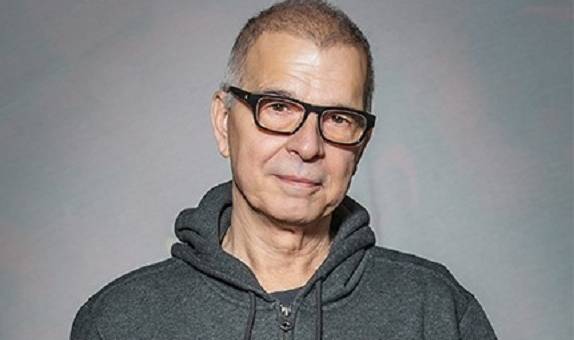
Associate Professor Tony Visconti

Tony Visconti's name is synonymous with ground-breaking music. He is one of record production's great innovators who has worked with some of the most dynamic and influential names in pop, from Marc Bolan/T-Rex and Thin Lizzy to David Bowie, The Damned and U2. In the Visconti Studio he works with students and Kingston University staff, as well as invited artists, to produce records.
Facilities
This course will be taught at the Coombehurst complex at Kingston Hill where Music currently has use of four designated buildings. These house a range of specialist facilities to help support study including the prestigious Visconti Studio, the centre of Kingston University's research and teaching project The Heritage and Future of Analogue Recording and Production.
There are also two additional recording studios, two postproduction suites, two Mac-based computer labs, an equipment loans room, and a range of teaching spaces and rehearsal rooms.
The Coombehurst complex is a lively, stimulating environment, well-suited for music making.
Get inspired by Tony Visconti
Watch this video to hear legendary music producer Tony Visconti explain why sharing his skills and experience with students at Kingston University's Visconti Studio is so important to him. The world-renowned record producer and David Bowie collaborator taught students at the Visconti Studio as part of his role as visiting professor at the University.
Course fees and funding
Additional costs
Depending on the programme of study, there may be extra costs that are not covered by tuition fees which students will need to consider when planning their studies. Tuition fees cover the cost of your teaching, assessment and operating University facilities such as the library, access to shared IT equipment and other support services. Accommodation and living costs are not included in our fees.
Where a course has additional expenses, we make every effort to highlight them. These may include optional field trips, materials (e.g. art, design, engineering), security checks such as DBS, uniforms, specialist clothing or professional memberships.
After you graduate
Graduates work in roles such as music producer, sound engineer, live sound manager, sound designer, event manager, music programmer, post-production sound editor, foley artist and sound recordist, music teacher, composer and music manager.
Course changes and regulations
The information on this page reflects the currently intended course structure and module details. To improve your student experience and the quality of your degree, we may review and change the material information of this course. Course changes explained.
Programme Specifications for the course are published ahead of each academic year.
Regulations governing this course can be found on our website.
Key information set
The scrolling banner(s) below display some key factual data about this course (including different course combinations or delivery modes of this course where relevant).
